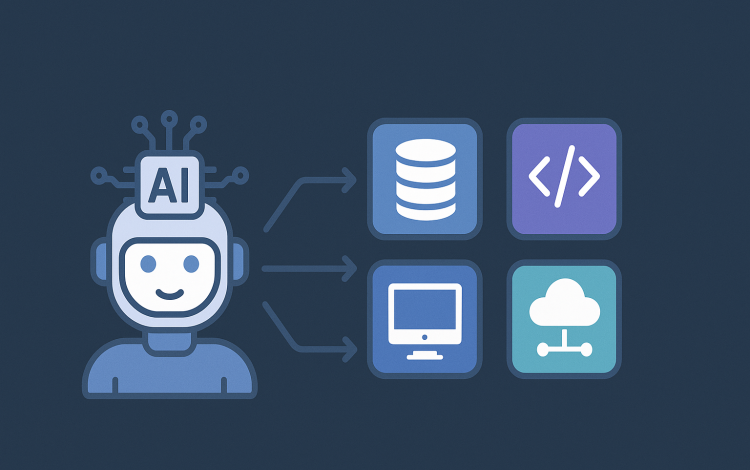CIAM Solutions Break OAuth Bottlenecks for AI Agent Deployment

▼ Summary
– AI agents are transforming enterprise workflows by automating tasks like HR onboarding, project management syncing, and IT helpdesk operations, reducing human intervention.
– Challenges in AI agent adoption include complex identity management, security concerns, and compliance requirements for industries like finance and healthcare.
– CIAM providers like Frontegg, Okta, and Auth0 are developing solutions to manage authentication and access for AI agents, simplifying integration with third-party applications.
– Frontegg.ai offers an end-to-end platform for AI agent authentication, handling OAuth tokens and integrations with minimal coding, accelerating development.
– The future of enterprise AI agents depends on seamless identity and access management, with early CIAM solutions shaping how automation is implemented at scale.
AI agents are transforming enterprise workflows by automating complex tasks that previously required human intervention. These intelligent systems interact seamlessly with external applications, handling everything from HR onboarding to IT helpdesk operations. By eliminating manual processes, businesses achieve significant cost savings while reducing security risks associated with human error.
HR automation demonstrates the power of AI agents, which can provision accounts across platforms like Slack and Jira for new hires while automatically revoking access upon departure. Project management synchronization becomes effortless as agents bridge tools like Asana and Jira, keeping timelines and task statuses aligned. IT teams benefit from automated password resets, permission management, and software provisioning, freeing them to focus on strategic initiatives.
Despite their potential, deploying AI agents at scale presents challenges, particularly around identity and access management (IAM). Enterprises rely on multiple SaaS platforms, each requiring unique authentication protocols. Developers face the daunting task of integrating OAuth flows across these systems while ensuring secure token management. Security concerns further complicate adoption, as organizations demand clarity on credential storage, token persistence, and data access boundaries.
CIAM solutions are evolving to address these hurdles, with providers like Frontegg, Okta, and Auth0 expanding support for AI agents. These platforms streamline authentication, token management, and role-based access, allowing developers to focus on building agentic workflows rather than reinventing IAM infrastructure.
Frontegg’s end-to-end approach exemplifies this shift. Its platform automates OAuth token generation, refresh cycles, and third-party integrations, reducing development time from weeks to minutes. An analytics support agent built on Frontegg.ai, for instance, autonomously generates visualizations and communicates insights without manual dashboard configuration.
Other CIAM providers offer similar innovations:
- Auth0 unifies multiple third-party accounts under a single profile, simplifying agent authorization.
- Descope provides SDKs for connecting agents to 50+ B2B apps with automated token management.
- Ping Identity assigns unique identities to agents, separating their permissions from human users.
Traditional OAuth workflows remain cumbersome without these solutions. Integrating an AI agent with Slack alone requires registering the app, obtaining user consent, managing access tokens, and handling API calls—a process that multiplies in complexity across multiple platforms. CIAM tools abstract this complexity, enabling developers to implement secure authentication with minimal code.
Looking ahead, CIAM will play a pivotal role in enterprise AI adoption. As agentic automation becomes mainstream, platforms that deliver robust, scalable identity management will define how businesses deploy these technologies. Early movers like Frontegg.ai offer a glimpse into this future, where AI agents operate seamlessly within existing workflows, authenticated and governed by next-generation IAM frameworks.
For enterprises evaluating AI agent solutions, prioritizing platforms with built-in CIAM capabilities ensures smoother integration, stronger security, and faster time-to-value. The race to streamline agentic automation is underway, and identity management sits at its core.
(Source: VentureBeat)





